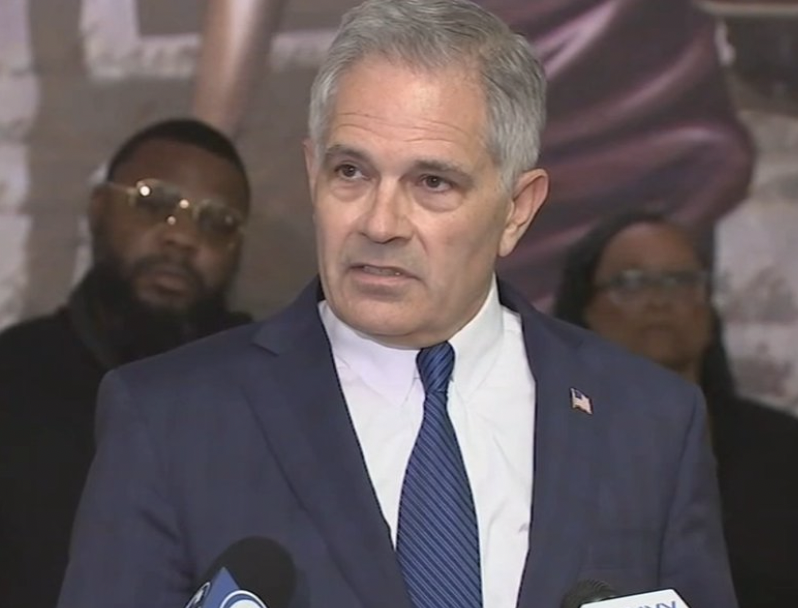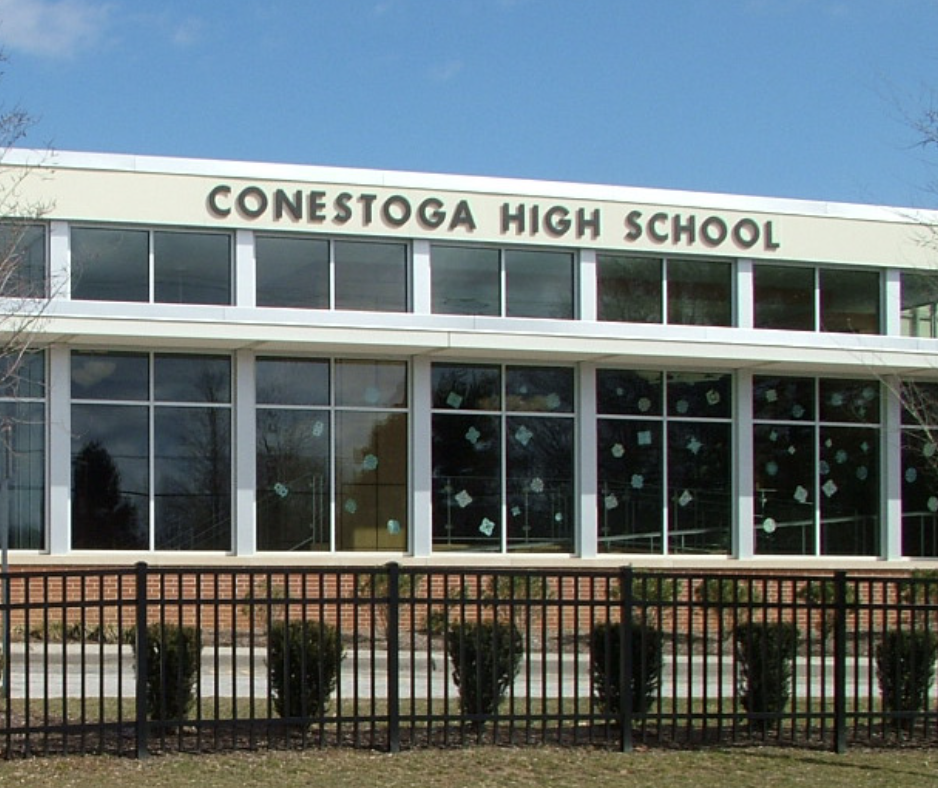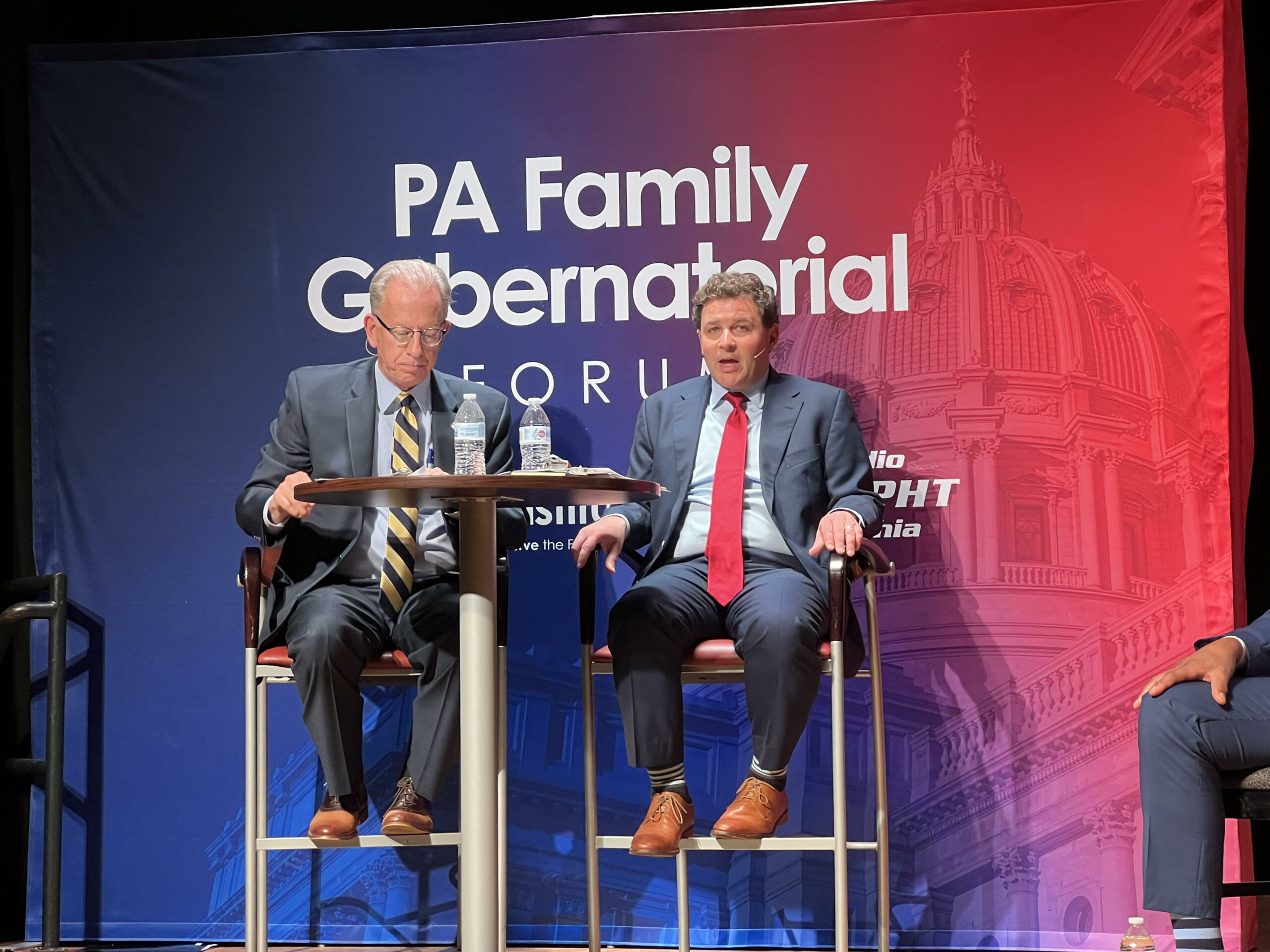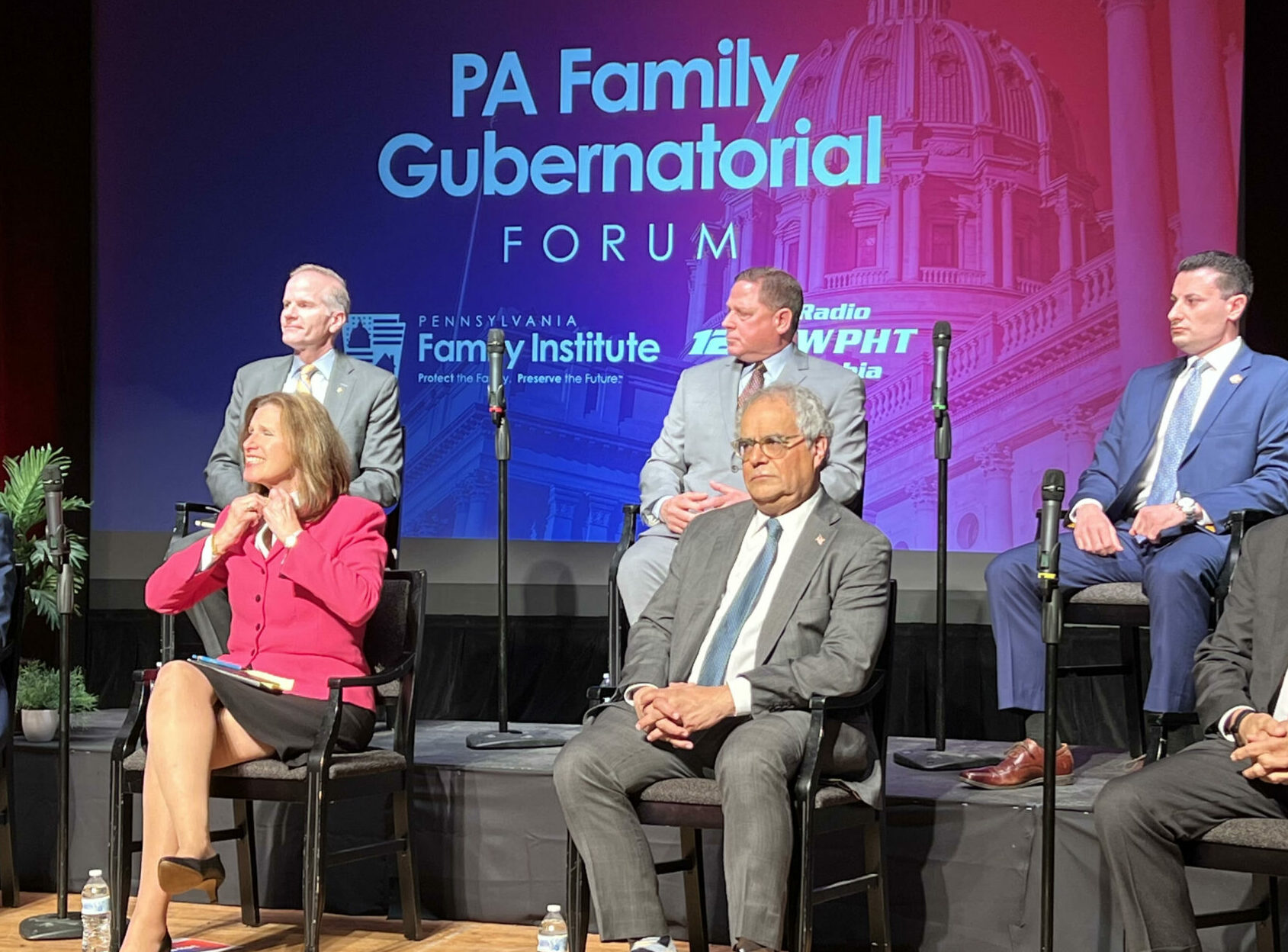For an alternate viewpoint, see “Point: TikTok –A Chinese Weapon of Social Destruction” Donald Trump is no stranger to making bold statements. Many see his asking the Supreme Court to pause the looming TikTok ban to allow his administration to pursue a political resolution as another example of his fearlessness. As someone who has long […]









